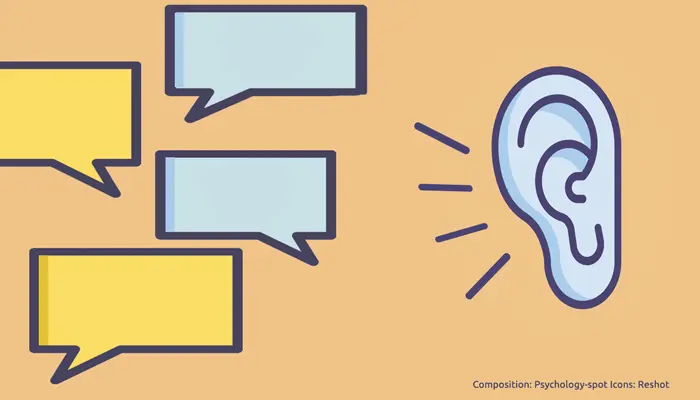
Under pressure, the best and worst of each of us can come out. When we are under pressure we can lose our nerves and fall overwhelmed under the weight of stress, but we can also overcome ourselves and do our best.
However, regardless of what it happens, we tend to think that pressure is a kind of catalyst for the real “ego”. We think that stressful situations bring out what we have inside. But maybe it isn’t, or at least not in all circumstances. Being under pressure can have the opposite effect and make us resort more to preconceived and socially accepted responses.
Under pressure, the social mask is imposed on the “ego”
We have a “divided mind”. There is a more intuitive and impulsive mind and another more rational and self-controlled one. The intuitive and impulsive mind has remained “uncontaminated”, guarding our unconfessed desires, illusions and drives; while the rational mind is the fruit primarily of social modeling, it is one that has assimilated norms and values.
The rational mind is supposed to “control” the impulsive mind, at least for most of the time. This control system usually follows longer and more complex neural pathways, so it requires more time.
That is why we have always taken it for granted that when we ask people to respond quickly and press them, the rational mind will not have enough time to control the impulsive mind and, therefore, what they really think will come out.
However, psychologists at the University of California state that “The method of responding quickly and without thinking […] makes people lie and tell you what you want to hear.” That means that in reality our “social ego” is permanently on guard and exerts a tighter control than we supposed.
Lie under pressure
The researchers recruited a group of 1,500 people who had to answer “yes” or “no” to different statements, such as: “Sometimes I get frustrated when I don’t get what I want” or “I am always a good listener, no matter who I am talking to.”
Some people had enough time to respond while others were pressured to respond in less than 11 seconds, so that they could not think much.
Psychologists discovered that people under pressure, who had to respond quickly, used to provide socially acceptable responses, while those who had more time to reflect used to provide more authentic answers that reflected who they really were.
In other words, the pressure of time does not bring out our “true ego” but prevails the desire to show ourselves in a more flattering light, even if it implies misrepresenting who we really are, feel or think.
That means that our automatic responses are not dictated by the intuitive and impulsive mind, as we used to think, but by the social construct that we have assimilated over the years. And that to get more honest answers, we need to reflect and loosen the tight control to allow our essence to come to light.
Therefore, if we want to connect with someone and really know him, we better not put him under pressure.
Source:
Protzko, J. et. Al. (2019) Rushing to Appear Virtuous: Time Pressure Increases Socially Desirable Responding. Psychological Science; doi: 10.1177/0956797619867939.



